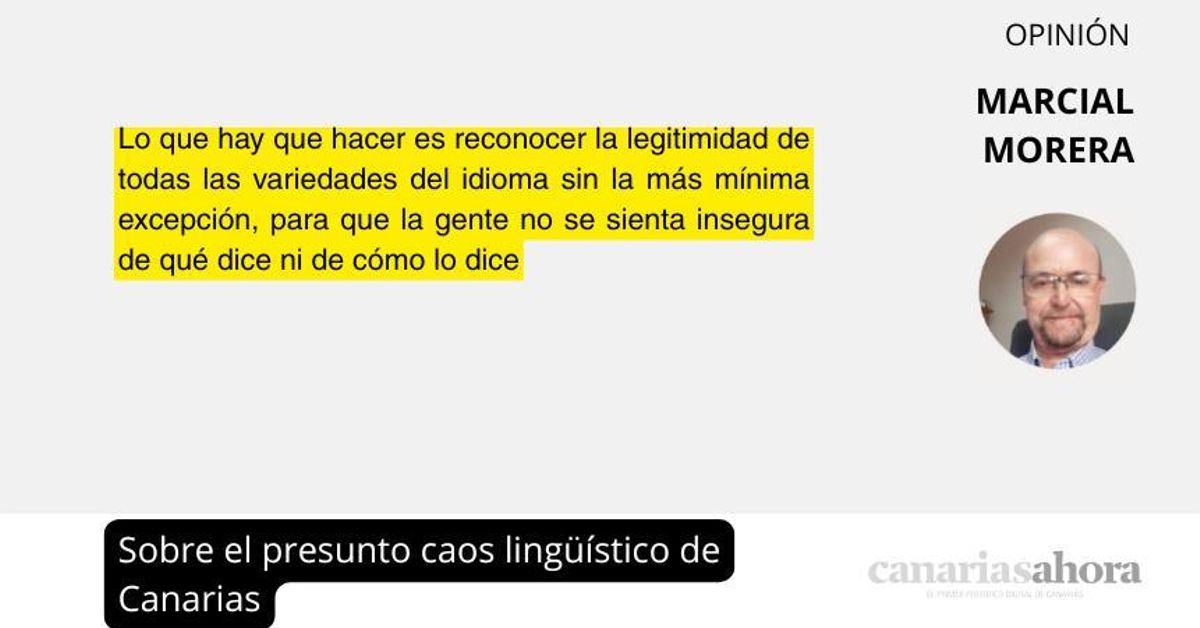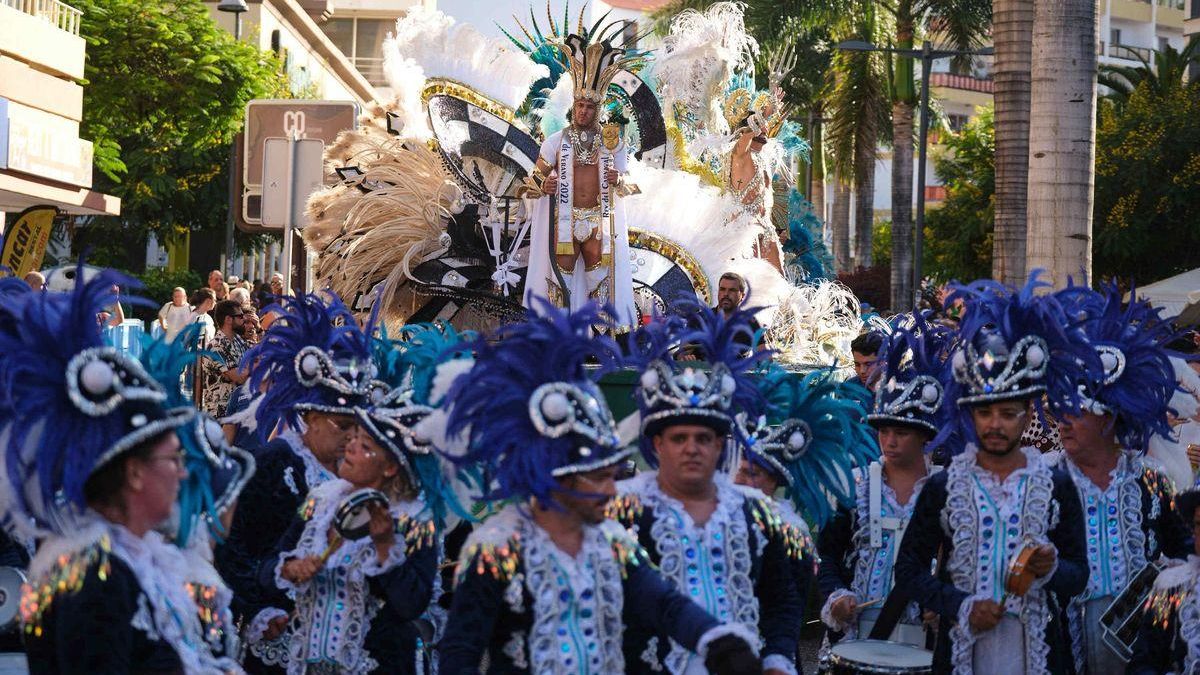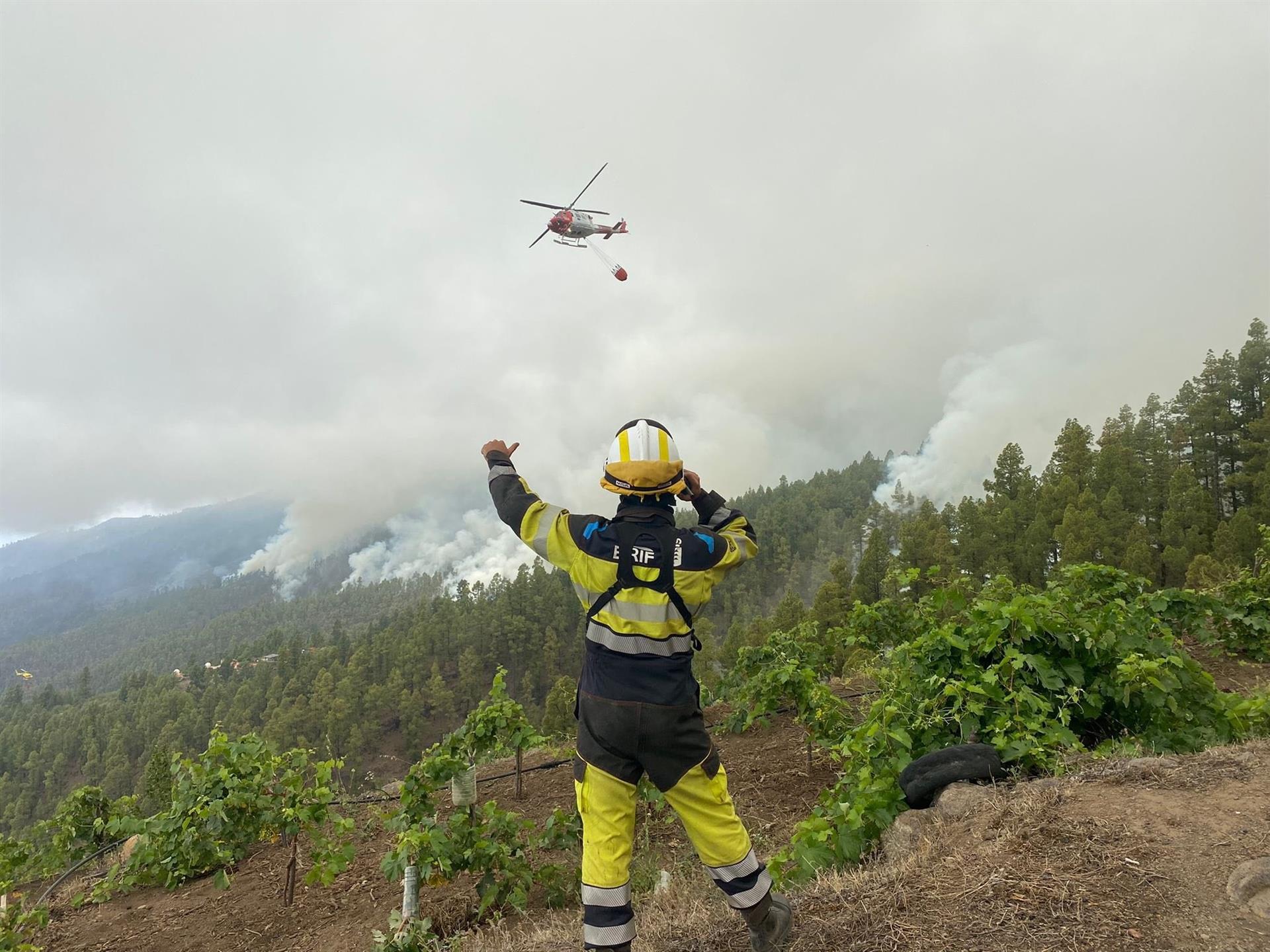The Linguistic Reality of the Canary Islands
What needs to be done is to recognise the legitimacy of all varieties of the language without the slightest exception, so that people do not feel insecure about what they say or how they say it.
“The problem for Canarians is that they do not have their own linguistic norm,” assert the most reputable scholars of insular Spanish categorically. “The Canarian is unsure of what they say or how they say it and feels intimidated by more confident speakers,” writes Professor Ramón Trujillo from La Laguna, one of its leading exponents.
Understanding Linguistic Norms
To assess how accurate such a sweeping diagnosis is, it is essential to keep in mind that in linguistic studies, the term ‘norm’ is often understood in two radically different senses. On one hand, it refers to a ‘set of principles that inherently regulate a language and its use in the concrete reality of speech’; in other words, its normal form of expression. On the other hand, it refers to a ‘set of principles dictated externally (by academies, language planners, sociologists, politicians, or mere purists) to regulate the use of language’. The former are objective, while the latter are subjective.
Furthermore, the objective norms or those inherent to the language are divided into two main groups: norms of the system or langue (in Saussurean terminology) and norms of the use of the system or parole.
The Linguistic Norm in the Canary Islands
Taking into account the important distinctions we have just pointed out, from the perspective of the language system or langue, it cannot be claimed that there is no regional linguistic norm in the Canary Islands. It is evident that in their daily communication, all Canarians, without exception, employ the same invariant phonetic, grammatical, and lexical procedures, and they understand each other perfectly without the slightest problem. These invariant phonetic, grammatical, and lexical procedures of the Spanish language are shared, moreover, with both peninsular and Latin American Spanish speakers.
As Professor Trujillo rightly asserts, “Canarian Spanish does not differ from other peninsular or American varieties except in non-essential features. Any Spanish speaker from anywhere identifies the speech of Castilians, Andalusians, Canarians, or Americans as one and the same language.” In fact, the preposition ‘hasta’, the so-called perfect preterite, the suffix ‘-ero’, or the verb ‘gozar’, to cite just a couple of examples, mean exactly the same to all Canarians (as well as to all peninsular Spaniards and all Latin Americans) without the slightest exception: namely, ‘the absolute final term of a movement of approximation with extension’, ‘to have a completed action in the present’, ‘an actively emanating scope’, and ‘to enjoy fully’, respectively.
Distinct Usage Patterns
On the one hand, regarding the use of the system or parole, two distinct phenomena occur in the Canary Islands, just as in other areas of the language. Firstly, we have a set of phonetic, grammatical, and lexical usages, such as seseo, the relaxation of consonants /x/ and /ch/, the use of the perfect preterite as ‘past with repercussions in the present’, courtesy leísmo, and the use of terms like ‘gofio’, ‘guagua’, ‘jeito’, ‘tabaiba’, ‘guirre’, ‘aguililla’, ‘andoriña’, ‘chola’ (in the sense of ‘slipper’), ‘cachimba’, ‘gozar’ (in the sense of ‘to witness’), ‘tarajal’, etc., which are shared by all islanders, without the slightest exception.
From this perspective, it cannot be said either that the islands lack linguistic unity, as all their inhabitants identify with seseo, consonantal relaxation, and the use of certain Portuguese borrowings (mojo, millo, jeito, fechar, entullar…), as well as certain Guanche words (gofio, goro, tabaiba, tajinaste, tafeña…), etc. Another issue is whether this regional linguistic norm has more or less prestige, but that is not an objective problem or a matter of fact, rather a subjective issue of social valuation, which must be addressed separately, and we will do so shortly.
Misconceptions About Language Variation
Moreover, if our assertions hold true, there is no objective basis to claim that each island in the Canary Islands speaks a distinct language or linguistic modality, as is often stated. In reality, all Canarians, in addition to identifying with the language they speak, do so in the main usages of their phonetic, grammatical, and lexical system. This means there is an identical usage norm for all Hispanocanarians, regardless of the island; an insular norm that contrasts with other varieties of Spanish, such as Castilian, Andalusian, Cuban, Mexican, or Argentine.
On the other hand, the islands also have a more or less numerous set of phonetic, grammatical, and lexical features, such as ceceo, aspiration of the implosive /s/, the neutralisation of the consonantal opposition /ll/ / /y/ in favour of /y/, aspiration of /r/ before /n/ or /l/, the loss of intervocalic /d/, rotacism of /l/ (“/cardéro/”, “/sársa/”, “/arcárde/”…), the assimilation of the aspiration of /s/ to the following voiced consonant (“/lo bbarránkoh/”, “/la ggómah/”, “/la ddóh/”…), the neutralisation of the pronominal opposition vosotros / ustedes in favour of the form ustedes, the anteposition of the pronoun más to negative existential phrases nada, nadie, and nunca (más nada, más nadie, más nunca), the use of certain nouns without morphological gender markers, such as sartén, legumbre, costumbre, etc., with masculine determiners (el sartén, los legumbres, el costumbre…), and not with feminine determiners, as is done in more general Spanish, along with the use of terms like tafor, empinarse ‘to die’, folelé, barboleta, perinquén, bubango, tajorase, chinijo, callao, seba, rofe, pararse ‘to stand up’, etc., which are exclusive to certain islands, some of their towns or regions, specific social groups, or certain professional contexts.
The Need for Recognition
Only in this case can it be rightly said that the Canary Islands lack a unitary linguistic norm; an identical norm for all islanders. In effect, one does not need to be a specialist in dialectology to notice that, where some islanders say “/callao/”, “/ustedes/”, “/caballo/”, “/lo bbárrankoh/”, “/más nadie/”, “/la sartén/”, “/seba/”, “/kahne/”, “/templaera/”, “/lecho/”, “/escotilla/”, “/desagüe/”, “/ponerse de pie/”, “/pulpear/” or “/ir/”, others say “/callado/”, “/vosotros/”, “/cabayo/”, “/loh barránkoh/”, “/nádio más/”, “/el sartén/”, “/músgo/”, “/kárne/”, “/templadera/”, “/leito/”, “/chillera/”, “/torno/”, “/pararse/”, “/pulpiar/” and “/dir/”.
However, these insular, local, social, or professional linguistic norms do not represent an anomaly, as is commonly believed, but rather are part of the normal functioning of the language, which must address distinct expressive needs based on the geographical, social, professional, historical, etc., environments of the speakers. What these particular expressions truly represent is the foundation for the regeneration or revitalisation of the language and of the common regional norm, providing new vitality to both.
This is what has happened with the aspiration of the implosive /s/, yeísmo, the assimilation of the aspiration of the implosive /s/ to the following voiced consonant, and the neutralisation of the pronominal opposition vosotros / ustedes, which are phenomena that entered through Gran Canaria and have been generalised to a greater or lesser extent throughout the rest of the Archipelago. If the linguistic policy of the language were more flexible, it could even provide original and enriching solutions to the general norm, such as the interesting adverbial opposition antes / entendenantes and the formal opposition llegamos (present indicative), lleguemos (imperfect) and lleguemos (present subjunctive), etc., which would enrich the temporal system with new nuances and remove the ambiguity inherent in the syncretism that exists in general Spanish between the present indicative form and the preterite indefinite.
The Dynamic Nature of Language
Natural languages cannot be used homogeneously, as they are instruments of expression for life, which is dynamic; they are continuously emerging and dissolving without pause. They are slaves to time, just like life itself.
Indeed, natural languages tend to evolve continually through new or neologistic solutions, which can subsequently become more or less widespread. This is what occurred with the Canarian term ‘barraquito’, which emerged in a kiosk in Santa Cruz de Tenerife in the middle of the last century and is now widespread throughout almost the entire insular territory. They tend to fade away, abandoning forms that become communicatively tiring from excessive repetition and become obsolete over time. This is what happened with the opposition vosotros / ustedes, which was general in the entire Archipelago probably until the late 19th century and is now preserved, in an increasingly precarious manner, only in the island of La Gomera and in some archaic areas of the islands of Tenerife and La Palma; or with the implosive /s/, which was also general across all the islands until likely the same dates and today is only preserved, again in an increasingly precarious form, by the oldest speakers on the island of El Hierro. In natural languages, what is non-normative is just as crucial as what is normative, as it revives expressions that are dying due to a lack of communicative vitality, while also creating others to denote realities that did not previously exist.
The Effect of External Regulation
And what happens in the Islands from the perspective of the norm or external regulations on the use of the system or langue? Here, too, two distinct phenomena occur. On one hand, we have partial phenomena such as the rotacism of /l/ or the forms haiga and vaiga of the present subjunctive of the verbs haber and ir, respectively, which have very little prestige among more refined Canarian speakers, who prefer the distinction /r/ /l/ and the forms haya and vaya. In these cases, one cannot say that Canarian lacks norms for social usage of the language.
On the other hand, we encounter partial phenomena such as the aspiration of implosive /s/ and /r/ before /n/ or /l/, the neutralisation of the pronominal opposition vosotros / ustedes in favour of the form ustedes, yeísmo, and the relaxation of the articulatory consonants /j/ and /ch/, for example, which have no social stigma. The people from Tenerife do not consider the consonantal tensions of Gran Canarians to be incorrect, nor do Gran Canarians view the “barraquito”, “folelé” or “tafor” of the people from Tenerife as lexical aberrations, but rather as different ways of expressing themselves.
What makes no sense is to attempt to impose from above or artificially fix a single linguistic norm (“cultured”, as some tendentiously say) for all islanders and for all time, as some wish, with implosive /s/, tensions of unstressed vowels and consonants, maintaining the opposition /l/ /r/, “callao”, “perenquenes”, “chorumes” and “tabobos”, thereby eliminating, therefore, the implosive /s/, weakening unstressed vowels, voicing of voiceless sounds, rotacism of /l/, gemination of voiced sounds due to the aspiration of implosive /s/, “callados”, “perinquenes”, “churumes” (“churrumes”, “churum”, “churumbe”, “churungo”) and “abobos” (“apupú”, “alpupú”, “papapú”), etc.
The Dangers of Linguistic Purism
The consequences of these purist approaches are extremely detrimental to both speakers and the language itself. For speakers, because they unjustifiably delegitimise the inherent and natural solutions of people whose speech is considered marginal. With what legitimacy will we strip the Gomeros of their opposition vosotros / ustedes, Gran Canarians of their consonantal tensions, El Hierro speakers of their implosive /s/, or those from Lanzarote, Fuerteventura, Gran Canaria and La Gomera of their aspirations of /r/ before /n/ or /l/, or the people from Tenerife of their tafor or folelé?
Only the speakers have the right to decide which forms to adopt or promote and which to discard, based on their expressive needs and preferences. Secondly, these artificial linguistic intrusions are enormously harmful to the language as they stifle its natural development. This means they leave it without mechanisms for renewal, thereby condemning it to death. In the realm of language, the best external norm or regulation is the one that does not exist. Socially, the task is to recognise the legitimacy of all varieties of the language without the slightest exception, so that people do not feel insecure about what they say or how they say it. This notion of the necessity for a unique linguistic usage norm is either a ruse by the powerful to maintain their class privileges or a folly of colluding or more or less misguided linguists.














